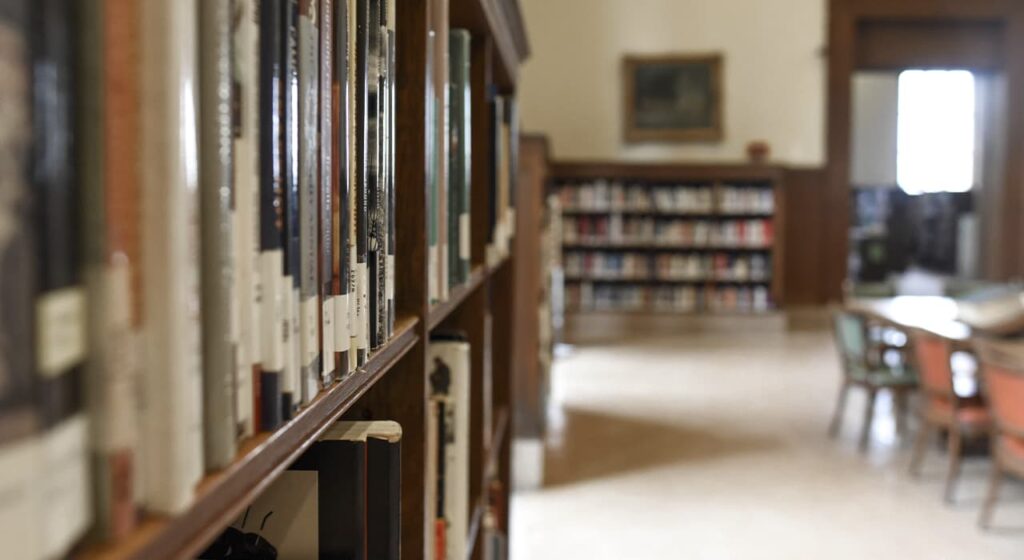On its campus, Xavier University runs two programs to support students with disabilities, each aimed at improving the quality of life and learning environment for students.
The first program provides students with an accessible exam format, alternative formats of textbooks, manuals and learning resources, and access to academic mentoring and notes.
The second program involves familiarizing students with the university’s technology and modern resources, which are designed specifically for the convenience of students with disabilities.
Xavier University’s Deaf Studies Program provides students with several options to pursue their love of sign language and Deaf culture. The Deaf Studies Program includes sign language lessons along with the study of intriguing Deaf culture.
Individuals participating in the Deaf Studies Program will receive classroom instruction from Deaf individuals and hearing instructors with extensive experience in the Deaf community. Along with the classroom experience, students will benefit from the Community Learning Program, which provides students with opportunities to learn about language and culture in schools and organizations that work directly with the Deaf community.
As Deaf people live in a hearing world, there is a demand for Deaf people in a variety of fields to be qualified to work and understand the needs of Deaf people. Completion of the Deaf Studies Minor program will add an additional area of expertise to a student’s major, providing multiple disciplines for professional success. Employment opportunities in healthcare, education, business, criminal justice, and psychology, to name a few, will be more advantageous with the addition of special study of sign language and Deaf culture.
Deaf studies is a value-added component to existing majors and increases competitiveness in the labor market. It also covers the basic requirements of the university language.
Students enrolled in the Deaf Studies Minor will take four language classes and two additional courses on Deaf psychology and culture. Students will also take a 3-hour cooperative learning course:
- American Sign Language 101 (3 credit hours)
- American Sign Language 102 (3 credit hours)
- American Sign Language 201 (3 credit hours)
- American Sign Language 202 (3 credit hours)
- ASLN 290: Deafness I: Origins and Orientation (3 credit hours)
- ASLN 291: Deafness II: Contemporary Culture (3 credit hours)
- ASLN 298 Community-Based Learning (1 credit hour) – students will complete a certain number of hours (determined by the director on an individual basis depending on location and major) of direct instruction in schools, organizations, or agencies that work specifically with Deaf people.
